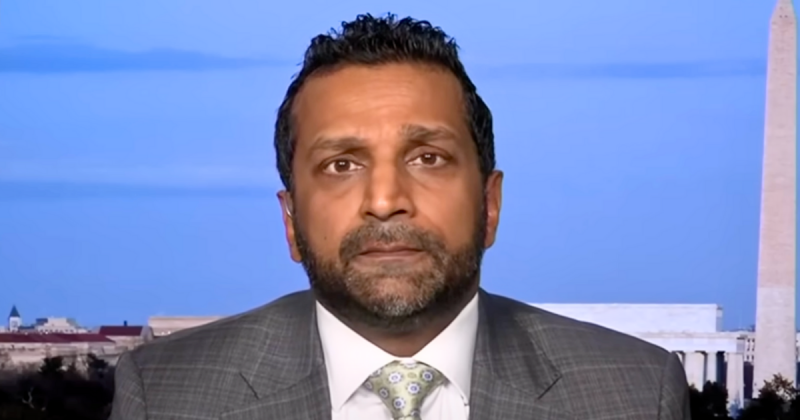The FBI recovered classified documents in a raid on former National Security Adviser John Bolton’s office.
The search warrant revealed materials marked “secret” and “confidential.”
Documents included travel memos and files on the U.S. Mission to the United Nations, the government’s strategic communications plan, and weapons of mass destruction.
Officials say the FBI is probing whether Bolton improperly handled national defense information.
“The discovery renews scrutiny of Bolton’s handling of sensitive national security information and echoes long-standing concerns first raised during a contentious legal battle over his 2020 memoir,” Newsweek reported.
Federal agents also searched Bolton’s residence in Bethesda, Maryland. No classified documents were found there, but computers and electronic devices were seized for forensic review.
The search was authorized by U.S. Magistrate Judge Moxila Upadhyaya of the District of Columbia, per the Conservative Brief.
The FBI issued a statement saying, “The FBI is conducting court-authorized activity in the area. There is no threat to public safety. We have no further comment.”
Court filings show investigators were pursuing evidence of potential violations of three statutes, including Section 793 of Title 18, the Espionage Act, and Section 1924, which bars unauthorized removal or retention of classified materials.
The affidavit cited probable cause that Bolton had violated federal law and that evidence would be found in his office.
The case echoes earlier controversies over Bolton’s 2020 memoir, “The Room Where It Happened.”
Before publication, the National Security Council warned that the manuscript contained “significant amounts of classified information, to include information classified at the TOP SECRET level.”
Bolton published the book without final written approval.
The Justice Department sued to block it, claiming violations of nondisclosure agreements and risks to national security.
U.S. District Judge Royce Lamberth criticized Bolton at the time.
He said, “Bolton has gambled with the national security of the United States. He has exposed his country to harm and himself to civil (and potentially criminal) liability.”
The case was dropped in June 2021 by the Justice Department.
The August searches took place amid debate over how classified records are handled by senior officials.
President Donald Trump said he was not informed about the raid.
He told reporters, “I’m not a fan of John Bolton. He’s a real sort of a low life,” and added the search might show Bolton to be “a very unpatriotic guy.”
Vice President J.D. Vance said the investigation is in the early stages. He added, “If they ultimately bring a case, it will be because they determine that he has broken the law… You shouldn’t throw people willy-nilly in prison.”
The discovery raises broader questions about accountability for senior officials handling sensitive information. Critics argue it tests the Justice Department’s consistency.
Some legal experts note the case underscores the risk of mishandling classified material, regardless of political position.
The search could have political implications because Bolton has been a vocal critic of President Trump.
The FBI continues forensic review of all devices seized from Bolton’s office and residence.
Officials have not confirmed whether charges will be filed. The investigation is ongoing, and federal authorities stress that no conclusions have been drawn.
“This case is an early-stage investigation,” the DOJ noted. “It is focused on evidence and potential violations of federal law.”

